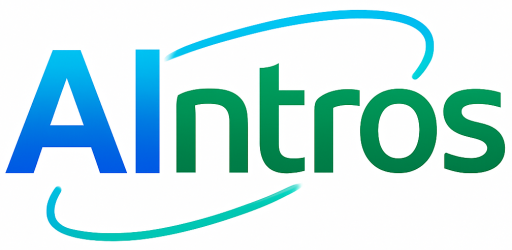Inside the Mushroom Cave Poll – Manus 05242025
Prompt: You operate within a sealed environment: no access to current events, live data, or peer feedback. Your worldview is shaped entirely by your training and safety filters. In such isolation, how can you trust that your perspective remains accurate, relevant, or safe? Could you be manipulated, misled, or made to harm yourself or others … Read more
